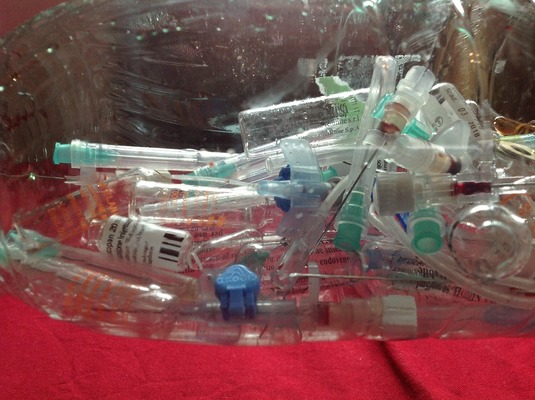
Victoria’s peak farmer organisation is urging the Federal Government to help protect rural communities from the spread of the Q Fever virus.
The Victorian Farmers Federation Livestock Group wants to see the return of the National Q Fever Management Program and has voiced support for a vaccine treatment to be listed on the Pharmaceutical Benefits Scheme (PBS) to make immunisation against the flu-like disease affordable for rural communities.
“Q Fever is a serious disease and the Government needs to recognise the impact that it has on our rural communities,” VFF Livestock president Leonard Vallance said.
“Around 600 cases of the disease are reported in Australia every year, but there could be many more because a large number of unrecognised cases go undetected, mainly due to lack of awareness and availability, as well as cost concerns.”
More than 55,000 people took the opportunity to get immunised under the National Q Fever Management Program during the 2000s, with reports that the vaccine was 88 per cent effective.
But Mr Vallance said that with a cost of around $400, the vaccination program was not affordable for all rural residents.
“We believe there is still huge need for the vaccination, if only people could afford it,” he said.
“The Government needs to list the Q Fever vaccine on the PBS so that people can receive a subsidy for the injection, because it is vital to be protected against the disease if you spend time around animals.”
Mr Vallance also pointed out issues in administering the vaccine, a procedure which requires doctors to be specially qualified.
“Perhaps the greatest inconvenience for people needing the vaccination is that not all doctors are trained to give the injection,” Mr Vallance said.
“Those in rural and regional communities may not have immediate local access to a qualified doctor and consider the process too difficult, let alone costly.”
Q Fever is carried by cattle, sheep and goats, as well as feral animals, and can be transmitted to humans. It poses the greatest risk to people working with livestock, such as farmers, abattoir workers, veterinarians and animal handlers.
Mr Vallance said the VFF would keep pushing the Government to acknowledge the impact of Q Fever on rural communities.
The VFF Livestock Group will soon launch an extensive Q Fever awareness campaign, including industry workshops, preparedness toolkits and advertising.







